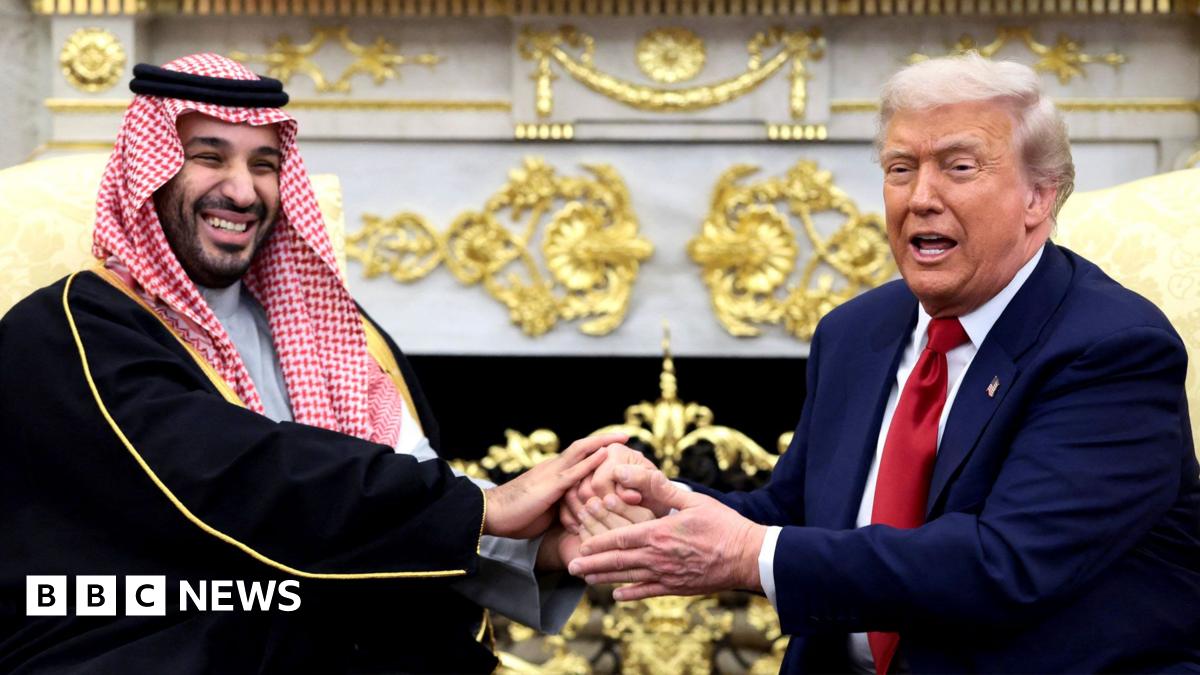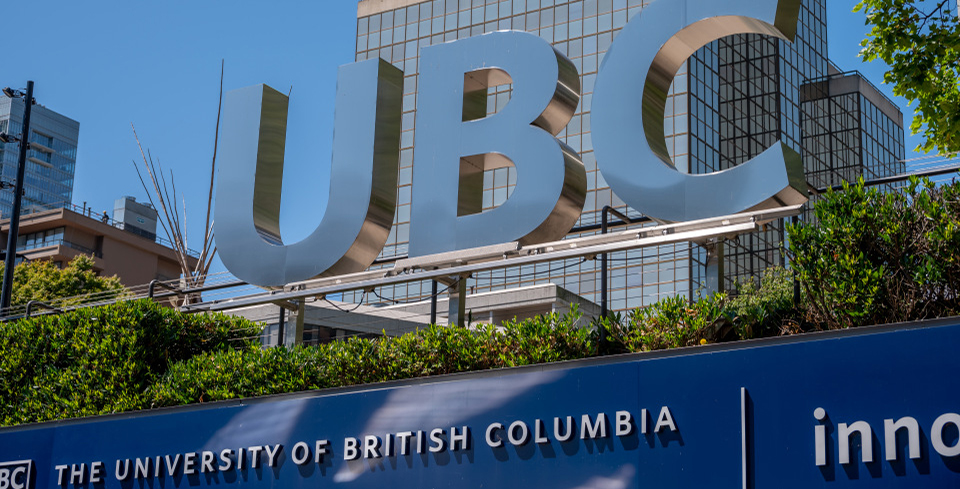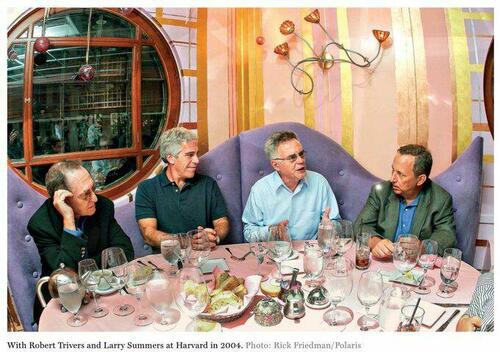Why is Private Eye Taking the BBC’s Side?
The latest edition of Private Eye is adorned with one of its familiar front-page caption-cartoons. Given the explosive allegations in a recently leaked 19-page internal dossier detailing serious bias in BBC reporting, it ought to be classic Eye: sharp, merciless, puncturing the corporation’s institutional smugness. Instead, the big garish heading – ‘BBC Under Attack: Pot and Kettle Special’ – gives us our first sense that something’s badly off. One glance at the speech balloons emanating from BBC HQ confirms our worst suspicions. “Nigel Farage says we’re totally biased!” declares one; “Donald Trump says we broadcast fake news!” shouts another; “The Daily Telegraph says we’re editing for political purposes!” announces a third, and so on.
This is, to borrow from the magazine’s own lexicon, pisspoor.

Presumably we’re meant to be rolling in the aisles at the idea that these quoted figures have somehow exposed their own hypocrisy. In this telling, the BBC is either just another member of this unseemly little coterie, or a terribly put-upon, fundamentally well-meaning institution trying to stay on the Right Side of History in a world where you can barely read the words ‘according to the Hamas-run Ministry of Health, 789,435 civilians were killed in Gaza yesterday morning, and joining me now to discuss Israel’s latest war crimes is the group’s interim leader’ off an autocue before some appalling old fascist is demanding you lose your Royal Charter and start flogging your postcolonial narratives on the open market.
I’ve spent most of my adult life reading the magazine, imbibing the satirical impulse to target hypocrisy, cant and self-delusion, especially among elites who cloak themselves in moral superiority. It’s partly why I’ve never really got on in life (lack of talent being the other reason): thumb through Private Eye long enough and you can’t help but see, behind every quangocrat desperately clawing their way to public pre-eminence, not a well-paid job in a fast-growing team, but a closet amply stocked with skeletons. Yet if satire – from Swift and Pope through to the British print tradition Private Eye claims to inherit – depends on exposing and ridiculing the gap between stated virtue and actual behaviour, then this front page isn’t satire at all. Because, unlike the BBC, none of the individuals depicted is under any statutory duty to be impartial.
Under its Royal Charter, the BBC’s mission is to act “in the public interest… through the provision of impartial, high-quality and distinctive output” (Article 5) and to provide “duly accurate and impartial news, current affairs and factual programming” (Article 6). Article 20 makes the BBC Board responsible for ensuring the corporation actually lives up to those duties. The accompanying Framework Agreement (2016) requires the BBC to set and follow editorial guidelines for its UK Public Services, and to observe the standards set out in Ofcom’s Broadcasting Code (referred to in the Framework Agreement as the “Standards Code”), including the requirement that “news, in whatever form, is reported with due accuracy and presented with due impartiality”.
In other words, the BBC is bound – constitutionally and legally – to be impartial. Its critics are not. Nigel Farage and Donald Trump are leaders of Right-wing political parties, which means their entire purpose is to, er, take sides. Likewise, the Daily Mail and the Telegraph are unabashedly Right-leaning newspapers, sustained by subscribers and advertisers and regulated through a self-policing press regime, not statutory impartiality laws.
Hasn’t Private Eye heard about this? Should someone send them a memo? I only ask because accusing Right-wing actors – whatever their other faults, even those involving bias – of hypocrisy for criticising a public-service broadcaster they believe is steeped in progressive, Left-wing assumptions will strike many people less as satire and more as simply taking sides.
Does the BBC have such bias? What both we and Private Eye know is that leaked criticisms from Michael Prescott, former external advisor to the BBC’s Editorial Guidelines and Standards Committee’s (EGSC), point strongly in that direction. Drawing on reports prepared for the EGSC by David Grossman, the Committee’s Senior Editorial Advisor and a former Newsnight reporter, Prescott’s dossier lists a series of serious failings: the retrospective splicing of Donald Trump’s January 6th 2021 speech to make it appear he had explicitly encouraged the Capitol Hill attack; election reporting that consistently favoured the Democrats and gave Kamala Harris an easier ride; a “thoroughly wrong” BBC Verify claim that ethnic-minority drivers were being deliberately overcharged for car insurance; distorted reporting about job insecurity for ethnic-minority workers; push notifications to seven million BBC News-app users that almost entirely avoided migration; and the effective censorship by BBC News’s LGBTQ desk of pieces raising difficult questions about gender ideology.
None of this sits remotely comfortably with the BBC’s obligations. A broadcaster bound by its Royal Charter, the Framework Agreement and Ofcom’s Code to maintain due impartiality simply cannot afford to mangle political speeches, misreport data, suppress uncomfortable stories or allow individual desks to act as ideological gatekeepers.
Surely that’s the real asymmetry here – the very gap between stated virtue and actual behaviour that Private Eye’s supposedly satirical joke pretends not to see.
Still, perhaps the magazine’s Editor, Ian Hislop, will subject the corporation’s recent behaviour to some proper scrutiny when he appears on a forthcoming episode of BBC One’s long-running Have I Got News For You. Now in its 70th series, Hislop has been a team captain since its inception in 1990. As his own publication might put it: trebles all round!
Dr Frederick Attenborough is the Executive Director of Communications and Research at the Free Speech Union.
Recent Top Stories
Sorry, we couldn't find any posts. Please try a different search.








